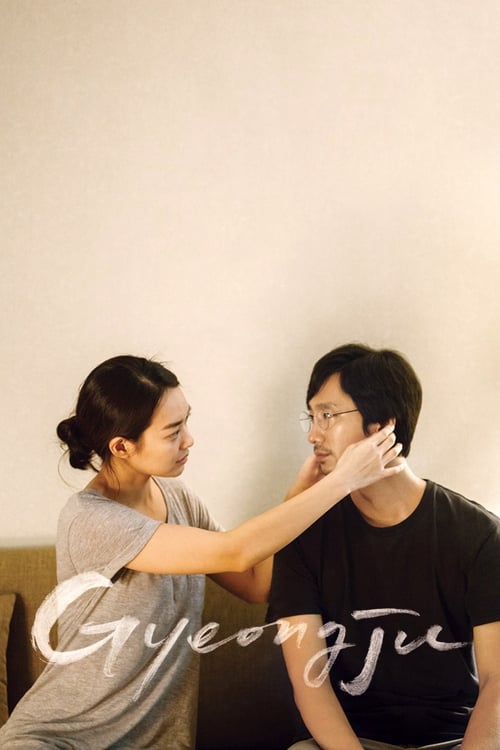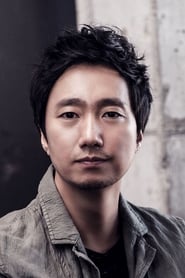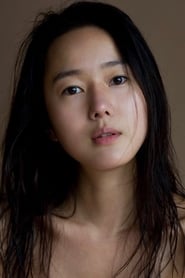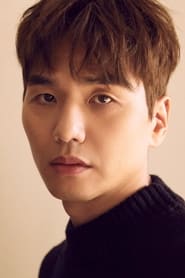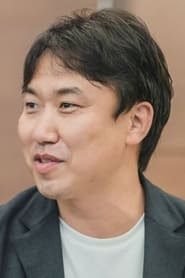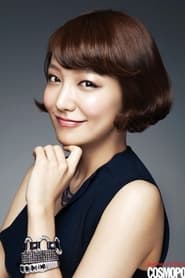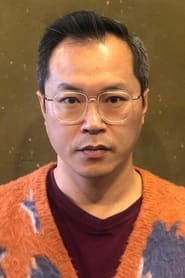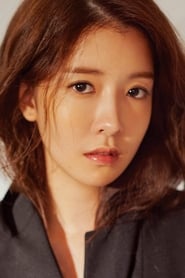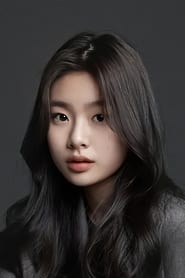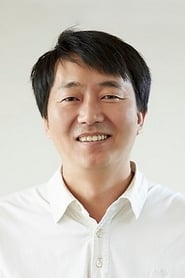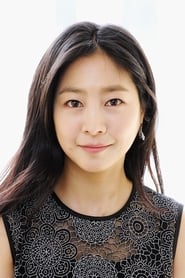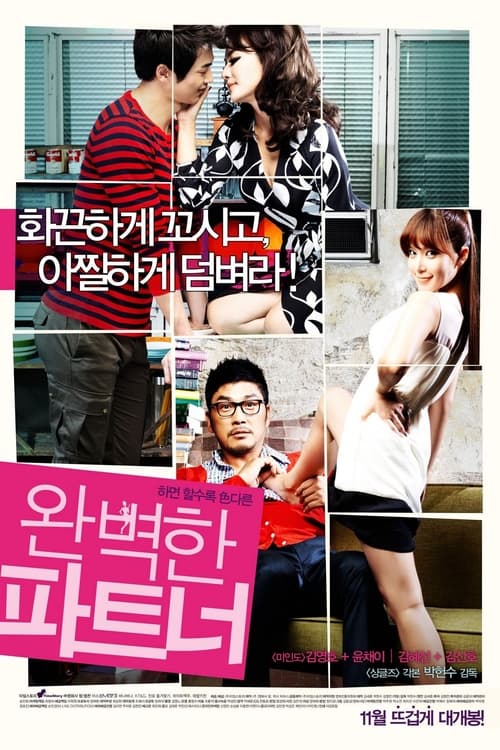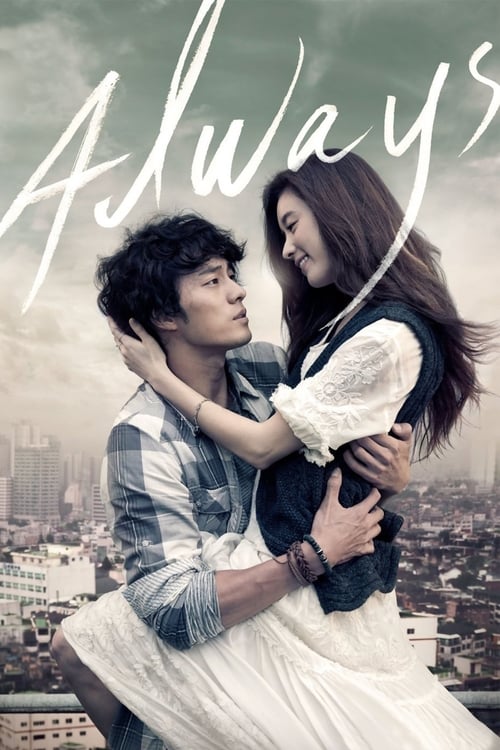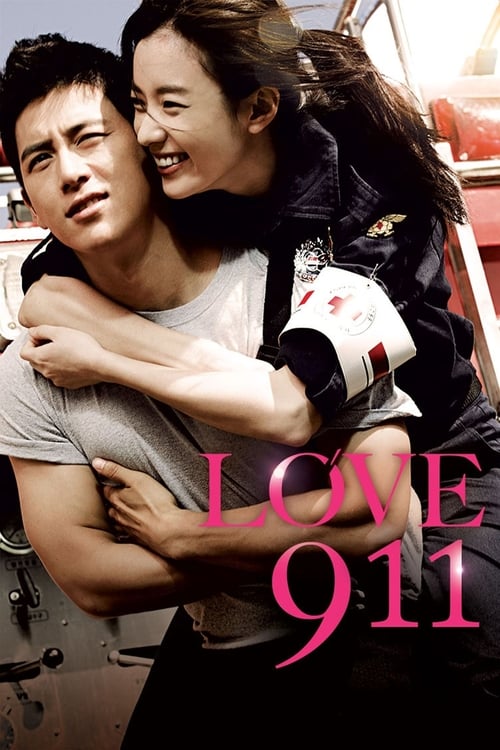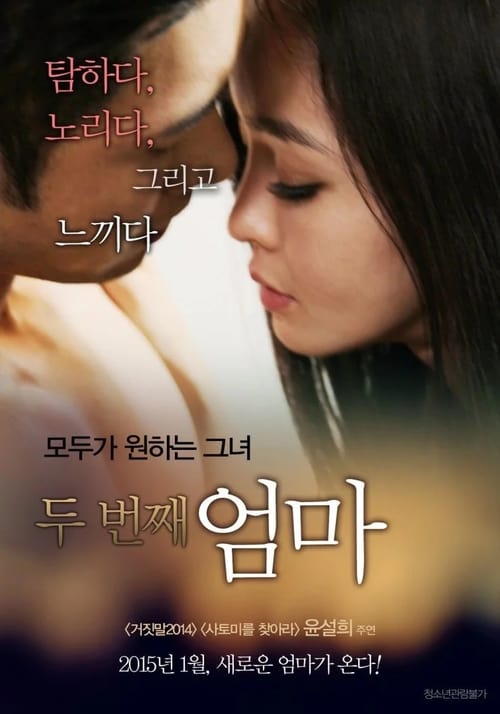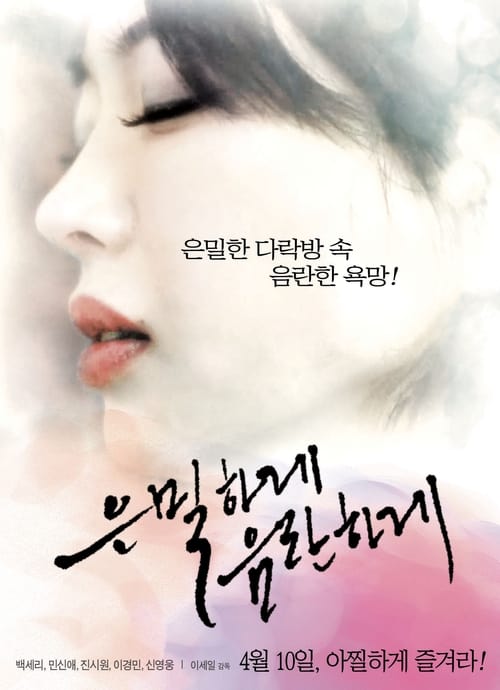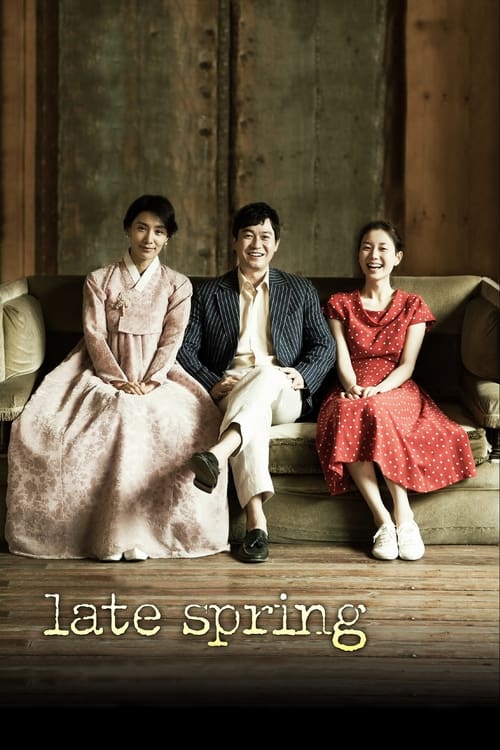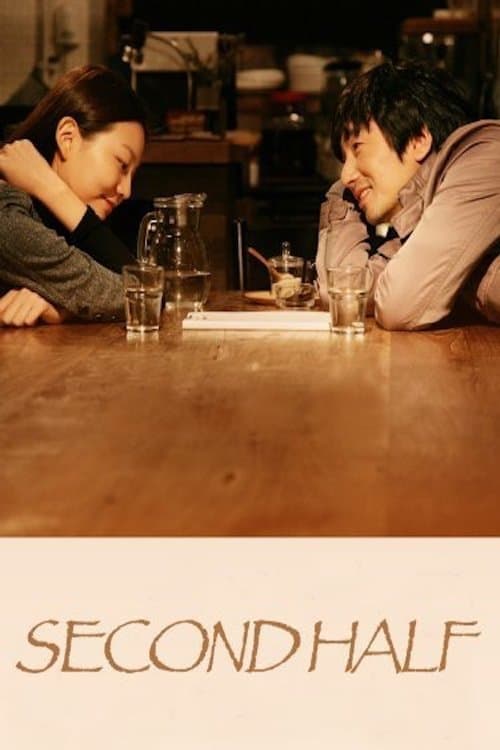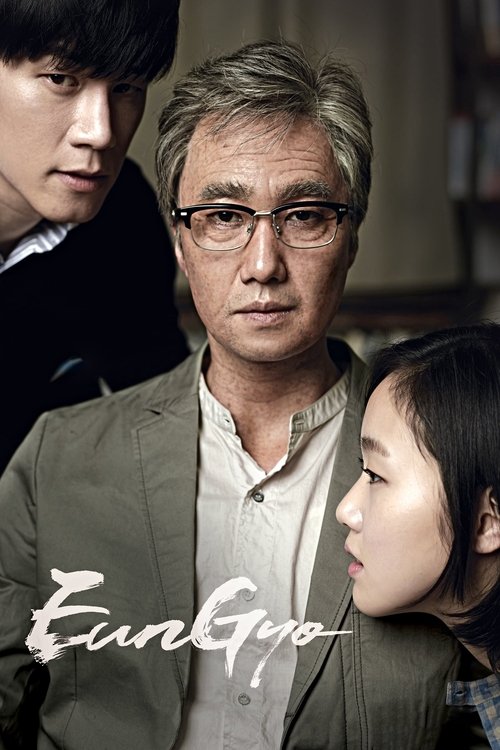
Ask Your Own Question
What is the plot?
What is the ending?
In the ending of "Gyeongju," the main character, a professor named Dong-woo, has a poignant encounter with a woman named So-jung. After a series of reflective moments and emotional exchanges, they part ways, leaving their futures uncertain but filled with a sense of connection.
As the film draws to a close, Dong-woo visits the ancient sites of Gyeongju, reflecting on his experiences and the relationships he has formed. The film ends with him standing alone, contemplating the past and the fleeting nature of life and love.
As the final scenes of "Gyeongju" unfold, we find Dong-woo, the middle-aged professor, standing in the serene landscape of Gyeongju, surrounded by the remnants of ancient tombs and historical sites. The sun begins to set, casting a warm golden hue over the landscape, symbolizing both the end of the day and the culmination of his journey.
Earlier, Dong-woo had shared a deeply personal moment with So-jung, a woman he met during his visit. Their connection had grown throughout the film, marked by shared meals, laughter, and moments of vulnerability. In this final encounter, they sit together on a bench, overlooking the beautiful scenery. The air is thick with unspoken words, and both characters are acutely aware of the transient nature of their time together.
So-jung expresses her feelings about the fleeting moments they have shared, her voice tinged with a bittersweet quality. She reveals her own struggles and the weight of her past, which resonates with Dong-woo. He listens intently, his expression a mix of empathy and longing. The emotional tension between them is palpable, as they both grapple with the reality that their lives are on different paths.
As the conversation deepens, Dong-woo reflects on his own life choices, the loneliness he has felt, and the connections he has missed. He acknowledges the beauty of their time together, yet understands that it cannot last. The moment is heavy with the knowledge that they must part ways, but it is also filled with a sense of gratitude for the connection they have forged.
Eventually, they rise from the bench, and in a quiet, poignant farewell, they exchange a lingering glance that speaks volumes. There is no grand declaration of love or promises for the future; instead, it is a moment of mutual understanding and acceptance of their circumstances. So-jung walks away, her figure gradually disappearing into the distance, while Dong-woo stands still, watching her go.
In the final moments of the film, Dong-woo is left alone, surrounded by the ancient tombs that symbolize the passage of time and the impermanence of life. He takes a deep breath, absorbing the beauty of the moment and the weight of his experiences. The camera lingers on his contemplative expression, capturing the complexity of his emotions--regret, hope, and a sense of closure.
As the screen fades to black, the audience is left with the image of Dong-woo standing amidst the historical landscape, a solitary figure reflecting on the connections he has made and the inevitability of change. The film concludes without definitive answers about the future of either character, emphasizing the themes of transience and the impact of fleeting relationships on one's life.
Is there a post-credit scene?
The movie "Gyeongju," produced in 2014, does not have a post-credit scene. The film concludes its narrative without any additional scenes after the credits roll. The story wraps up with a poignant sense of reflection and emotional resonance, focusing on the characters' journeys and their connections to the historical and cultural backdrop of Gyeongju. The absence of a post-credit scene allows the audience to fully absorb the themes of nostalgia, loss, and the passage of time that permeate the film.
What is the significance of the character of the professor in Gyeongju?
The character of the professor, played by Park Hae-il, serves as the central figure around whom the narrative unfolds. He is a middle-aged man who travels to Gyeongju for a conference but becomes emotionally entangled with the city and its history. His motivations are deeply rooted in a sense of nostalgia and a search for connection, both with the past and with the people he meets. His interactions with the locals, particularly with a woman named Kyung-hee, reveal his longing for intimacy and understanding, as he grapples with his own loneliness and the passage of time.
How does the relationship between the professor and Kyung-hee develop throughout the film?
The relationship between the professor and Kyung-hee evolves from a chance encounter to a deeper emotional connection. Initially, their interactions are marked by a sense of curiosity and mutual attraction, as they share moments exploring the historical sites of Gyeongju. As they spend more time together, their conversations reveal their vulnerabilities and past experiences, allowing them to connect on a more profound level. The professor's fascination with Kyung-hee's life and her own struggles with her past create a poignant dynamic, highlighting themes of longing and the desire for companionship.
What role does the setting of Gyeongju play in the characters' journeys?
The setting of Gyeongju is integral to the characters' journeys, serving as a backdrop that reflects their internal struggles and desires. The city, rich in history and cultural heritage, symbolizes the weight of the past and the beauty of fleeting moments. As the professor explores ancient tombs and temples, he is not only discovering the city's history but also confronting his own memories and regrets. The serene landscapes and historical sites evoke a sense of nostalgia, prompting both the professor and Kyung-hee to reflect on their lives and the connections they seek.
What is the significance of the professor's interactions with the local people in Gyeongju?
The professor's interactions with the local people in Gyeongju serve to highlight his sense of isolation and the universal search for connection. Through conversations with various characters, including shopkeepers and fellow conference attendees, he gains insights into the lives of others, which contrasts with his own solitary existence. These encounters reveal the warmth and hospitality of the locals, as well as their own stories of love, loss, and longing. The professor's growing relationships with these individuals underscore his desire to break free from his emotional detachment and find a sense of belonging.
How does the theme of memory manifest in the professor's experiences in Gyeongju?
The theme of memory is intricately woven into the professor's experiences in Gyeongju, as he navigates both personal and collective histories. His visits to historical sites trigger memories of his own past, including lost relationships and missed opportunities. The juxtaposition of the ancient city with his contemporary life emphasizes the transient nature of time and the impact of memories on one's identity. As he reflects on his experiences with Kyung-hee and the locals, the professor grapples with the bittersweet nature of nostalgia, ultimately leading him to confront his own emotional barriers and the choices he has made.
Is this family friendly?
"Gyeongju," produced in 2014, is a contemplative drama that explores themes of love, loss, and the passage of time. While it is not overtly graphic or violent, there are several aspects that may be considered objectionable or upsetting for children or sensitive viewers:
-
Themes of Grief and Loss: The film delves into the emotional struggles of the characters dealing with past relationships and the impact of loss, which may be heavy for younger audiences.
-
Adult Relationships: The film features complex adult relationships, including romantic and emotional entanglements that may not be suitable for children to fully understand.
-
Melancholic Tone: The overall atmosphere of the film is reflective and somber, which might be emotionally challenging for sensitive viewers.
-
Mature Conversations: There are discussions and dialogues that touch on personal and intimate topics, which may not be appropriate for younger viewers.
-
Cultural Context: Some cultural references and nuances may be lost on younger audiences, potentially leading to confusion or misunderstanding.
Overall, while "Gyeongju" is not explicitly inappropriate, its themes and emotional depth may resonate more with adult viewers.

